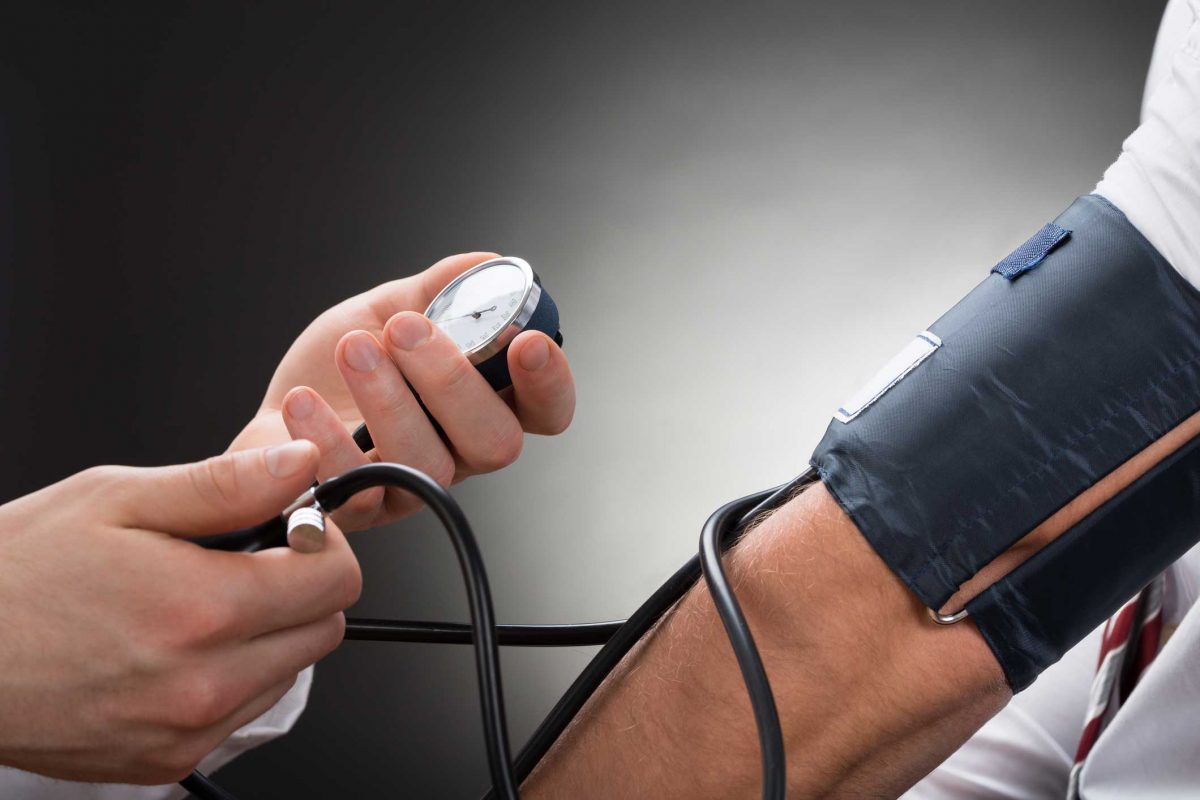By Amanda Zaleski
Exercise Physiologist
Hartford HealthCare Heart & Vascular InstituteDepartment of Preventive Cardiology
Q: What is normal blood pressure?
A: High blood pressure, or hypertension, is defined by the American College of Cardiology/American Heart Association Task Force on Clinical Practice Guidelines as having a resting systolic blood pressure of 130 mmHg or greater, a resting diastolic blood pressure of 80 mmHg or greater, taking antihypertensive medication, being told by a physician or health professional on at least two occasions that you have high blood pressure or any combination of these criteria.
Remember, blood pressure is typically referenced with the systolic number on top (a measure of the heart muscle pumping blood into the arteries) and the diastolic number on the bottom (a measure of the chambers filling with blood as the heart muscle relaxes).
Here’s the breakdown:
- Normal blood pressure: less than 120 over 80 mmHg.
- Elevated blood pressure: 120-129 over less than 80 mmHg.
- Hypertension stage 1: 130-139 over 80-89 mmHg.
- Hypertension stage 2: 140 or more over 90 or more mmHg.
Q: Should I be concerned that my blood pressure reading is elevated?
A: Proper patient positioning and preparation are critical for ensuring blood pressure accuracy. For example, prior to the first reading, one should be seated quietly for at least five minutes, with legs uncrossed, bladder empty and the back and arm supported such that the middle of the cuff on the upper arm is at heart level and with an appropriately sized cuff.
The American Heart Association recommends that blood pressure should be measured three times in each arm, separated by at least one minute, with the higher of the arms averaged. Due to time restraints, blood pressure screenings do not generally follow these standard protocols. But screenings are a good snapshot to get an idea of where our blood pressure might fall at any given time similar to today.
Q: Does age affect your blood pressure as you get older?
A: Yes. On average, the prevalence of hypertension increases substantially with age, with 65 percent of adults 60 years old or older and about 75 percent of adults 80 or older having hypertension. Among adults 50 or older, the lifetime risk of developing hypertension approaches 90 percent. This fact of life is why it is so important to keep our blood pressure as low as possible so that we can buffer the rise in blood pressure that we will likely experience with biological aging. In general, the lower the better, unless you are symptomatic.
Amanda Zaleski, PhD, is an exercise physiologist with the Hartford HealthCare Heart & Vascular Institute’s Department of Preventive Cardiology. For information on your heart and your health, visit the Heart & Vascular Institute here.
Need to see your doctor? New Patient? For more information about Hartford HealthCare virtual health visits, click here.
Click here to schedule a virtual visit with a Hartford HealthCare-GoHealth Urgent care doctor.
Stay with Hartford HealthCare for everything you need to know about the coronavirus threat. Click here for information updated daily.
Questions? Call our 24-hour hotline (860.972.8100 or, toll-free, 833.621.0600).
Get text alerts by texting 31996 with COVID19 in the message field.

